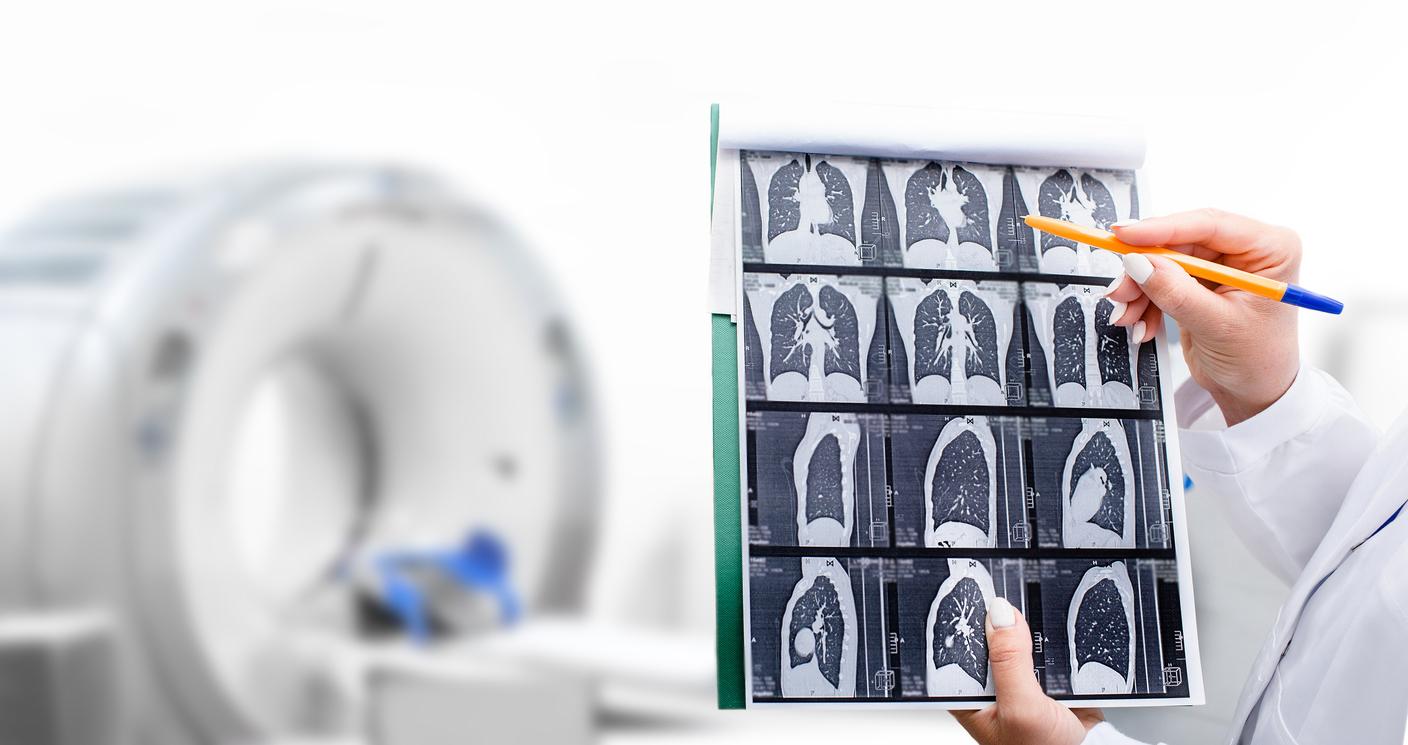US researchers have identified a potential mechanism by which smoking drives a type of white blood cell to the lungs where they can increase the risk of active tuberculosis.

- Smoking leads to the recruitment of immature inflammatory monocytes to the lungs.
- Then, they accelerate the growth of the bacteria, Mycobacterium tuberculosis (Mtb), which causes tuberculosis.
- Anti-inflammatory drugs targeting these monocytes may reduce the burden of tuberculosis in smokers.
“It has already been shown that tobacco smokers are at increased risk of developing active tuberculosis. (…) However, the way in which smoking promotes the creation of pulmonary microenvironments conducive to the growth of the bacteria Mycobacterium tuberculosis (Mtb ) remains incompletely understood”, said scientists at Massachusetts General Hospital (MGH). This is why they decided to carry out a study, the results of which were published in the journal Science Translational Medicine.
Tuberculosis: smoking promotes an elevated inflammatory response
To carry out the work, the team isolated and examined monocytes, a type of white blood cell, from the air space, from bronchoalveolar lavage fluid, from smokers and people who do not use tobacco. by performing single-cell RNA sequencing (scRNA-seq), flow cytometry and functional assays.
The authors found that smokers’ blood and lung monocytes produce elevated inflammatory responses after exposure to the bacteria Mycobacterium tuberculosis, which causes tuberculosis. Another observation: “immature monocytes promote increased rates of intracellular Mtb growth compared to mature versions of these cells,” explained Bjorn Corleis, co-author of the research, in a statement. Clearly, smoking stimulates the pro-inflammatory pulmonary environment and the poor functioning of the immune response.

Anti-inflammatory drugs targeting monocytes to fight tuberculosis
The researchers also showed that treating monocytes with anti-inflammatory drugs could inhibit the intracellular growth of the bacteria Mycobacterium tuberculosis. One of these small molecule agents, they say, is dexamethasone. It is a corticosteroid that has already been approved to reduce inflammation and increase survival in patients with tuberculosis-associated immune reconstitution inflammatory syndrome and tuberculosis-associated meningitis. A small molecule used in the treatment of various types of cancer, called “SP600125”, is another agent that acts as an anti-inflammatory mediator against tuberculosis.
“Further research is needed to explore the effects of tobacco smoke on lung immune cells and, more specifically, to determine how we can reverse the effects of smoking,” concluded Benjamin Medoff, a co-author of the work.

















